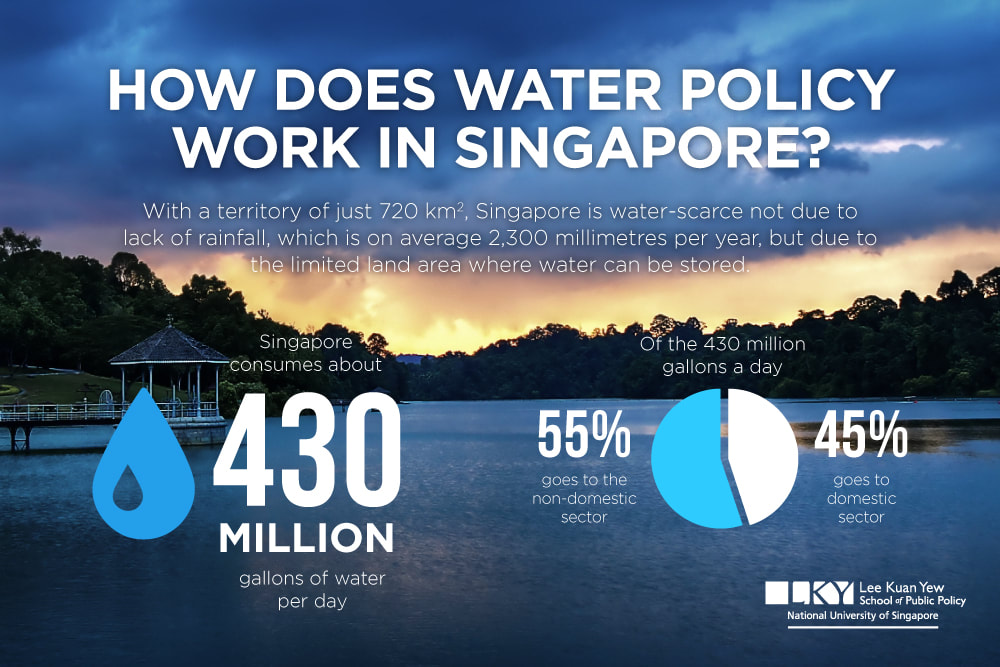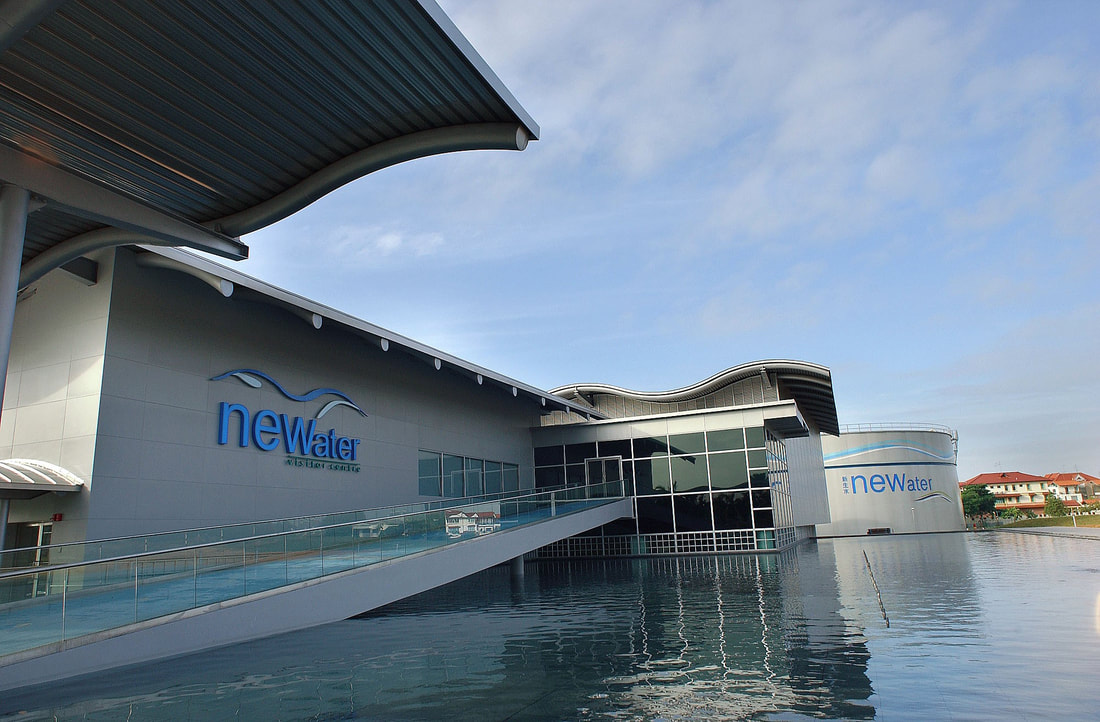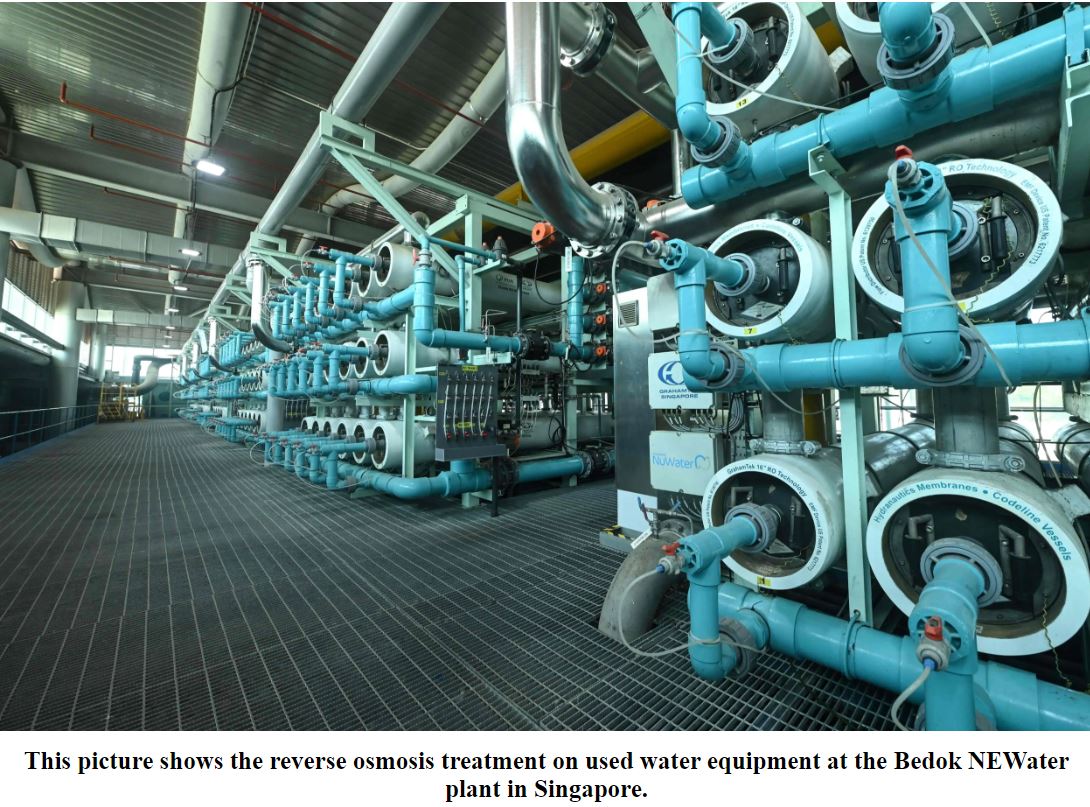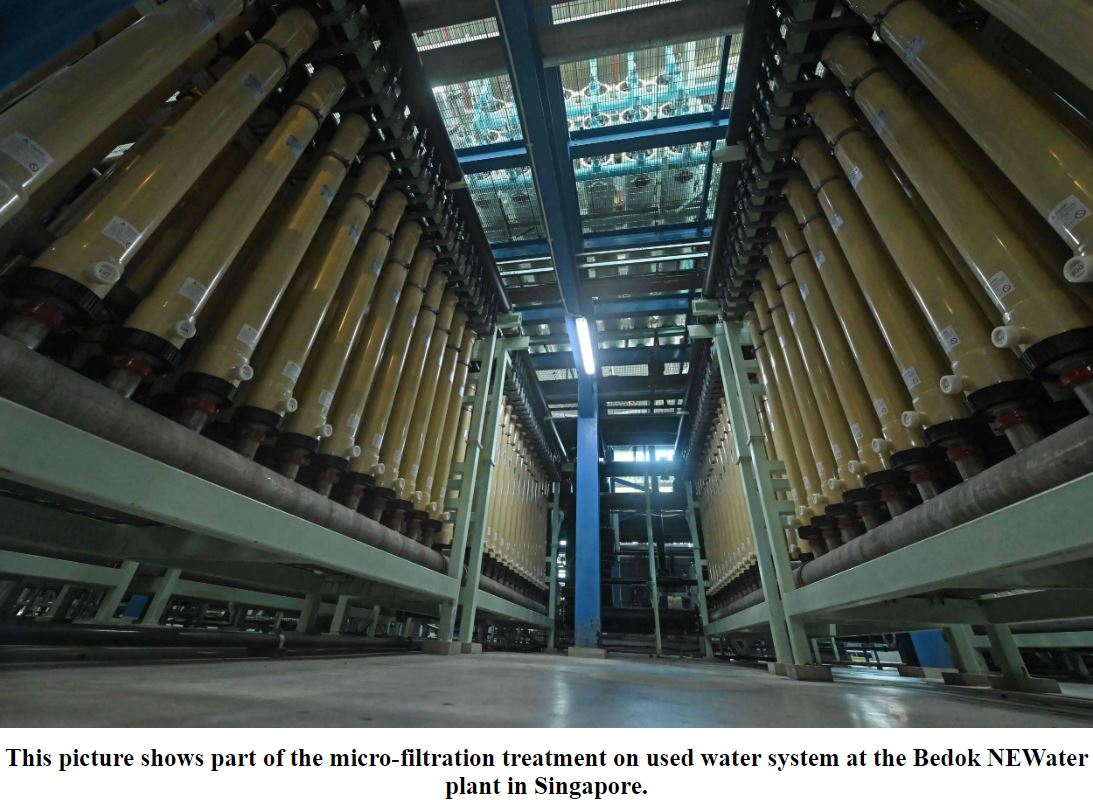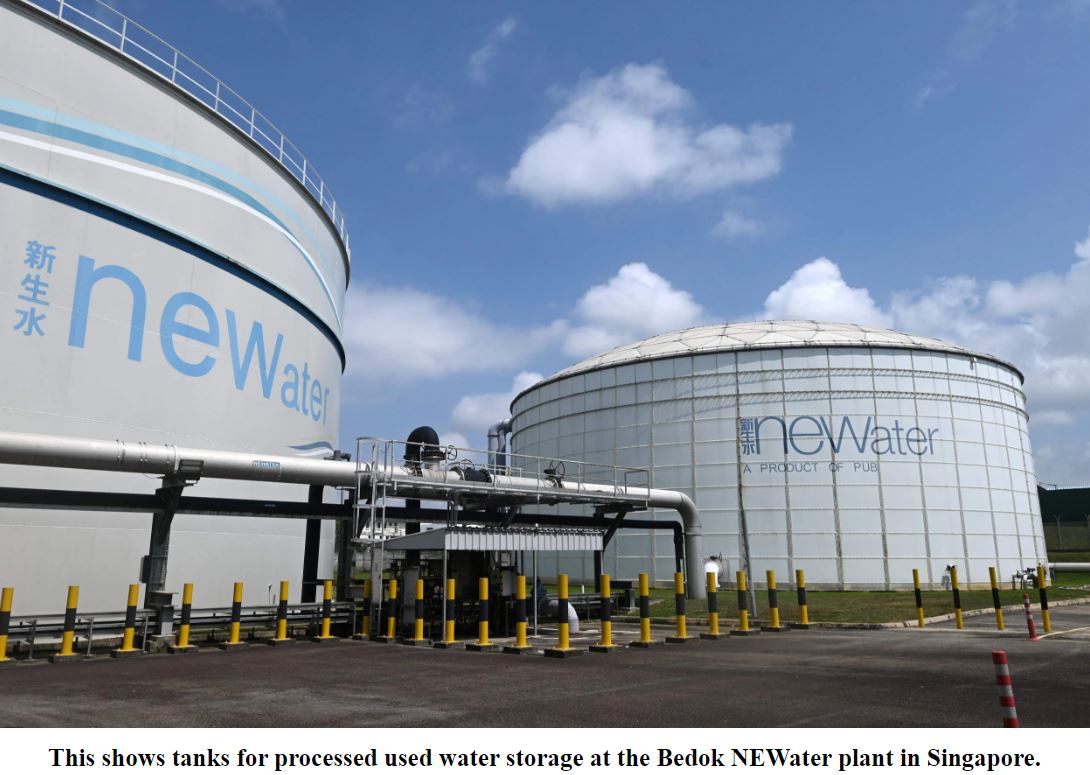05.02.2023
Singapore Is Leading The Way In Recycling Wastewater
Singapore is taking the “waste” out of its wastewater by turning sewage into safe, clean drinking water using an advanced filtration and treatment system. The Changi Water Reclamation Plant forms the core of the system, with capacity to treat up to 900 million litres of wastewater daily – roughly equivalent to the water held by 350 Olympic swimming pools. Land is in short supply in Singapore, because it is an island state, so much of the treatment system operates below ground. It reaches as far as 25 stories deep in places through an expansive network of tunnels, pipes, tanks, filtration equipment and other infrastructure. Wastewater from sewers arrives at the plant through 48 kilometres of connected tunnels, where it is filtered and pumped to the surface. Bacteria, viruses and other impurities are then removed, first using a high-tech filtration system, then using ultraviolet rays to disinfect the water. The result is known as “NEWater”, which is clean, safe and drinkable. Once treated, the water is used extensively by industries like the island’s large microchip manufacturing sector, which is heavily water dependent. It’s also put to work in the cooling systems that regulate temperatures in the numerous tall buildings that dominate the skyline – temperatures in Singapore are rising at twice the rate of the world average. And some treated water is used to top up reservoirs of drinking water, which can evaporate in the intense heat of the dry season. Singapore is one of a growing number of countries facing the threat of water stress. The climate crisis is increasing the number and intensity of extreme weather events like droughts. With the global population also set to hit 9.9 billion by 2050, this is putting unsustainable pressure on the planet’s scarce water resources. Credit: uplink
Poverty deprives people of adequate education, health care and of life's most basic necessities- safe living conditions (including clean air and clean drinking water) and an adequate food supply. The developed (industrialized) countries today account for roughly 20 percent of the world's population but control about 80 percent of the world's wealth.
Poverty and pollution seem to operate in a vicious cycle that, so far, has been hard to break. Even in the developed nations, the gap between the rich and the poor is evident in their respective social and environmental conditions.
Poverty and pollution seem to operate in a vicious cycle that, so far, has been hard to break. Even in the developed nations, the gap between the rich and the poor is evident in their respective social and environmental conditions.
